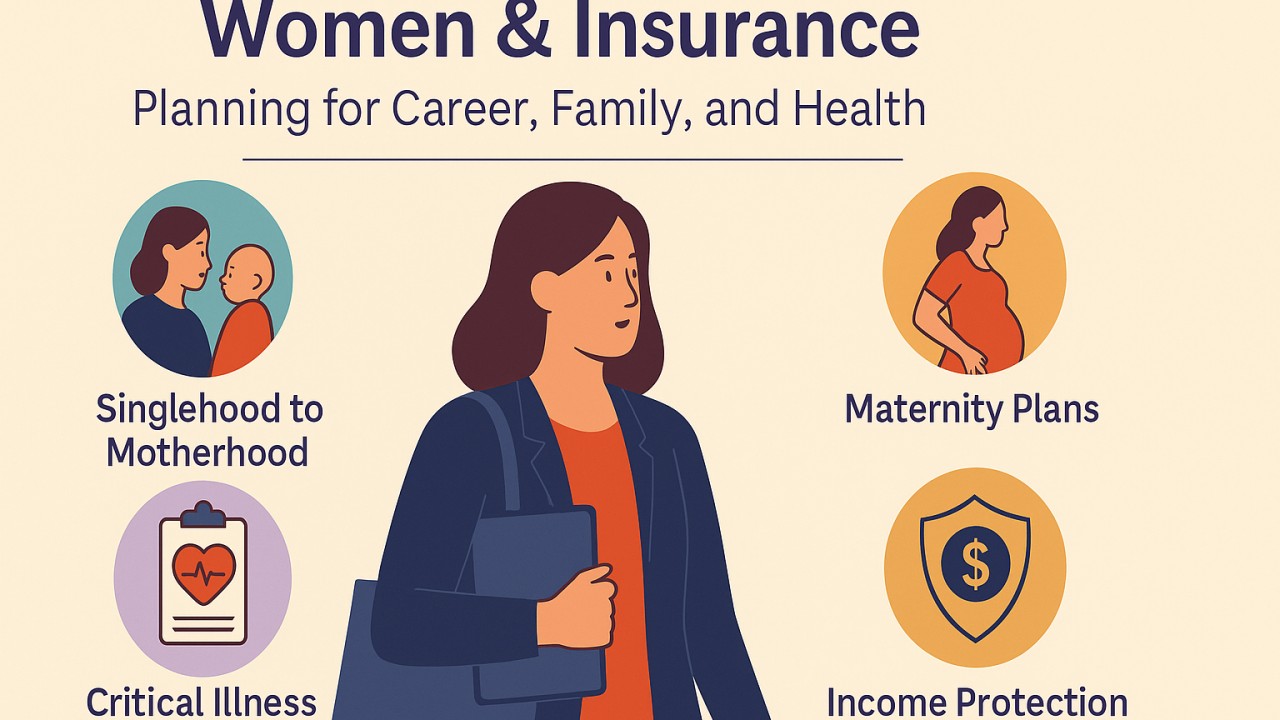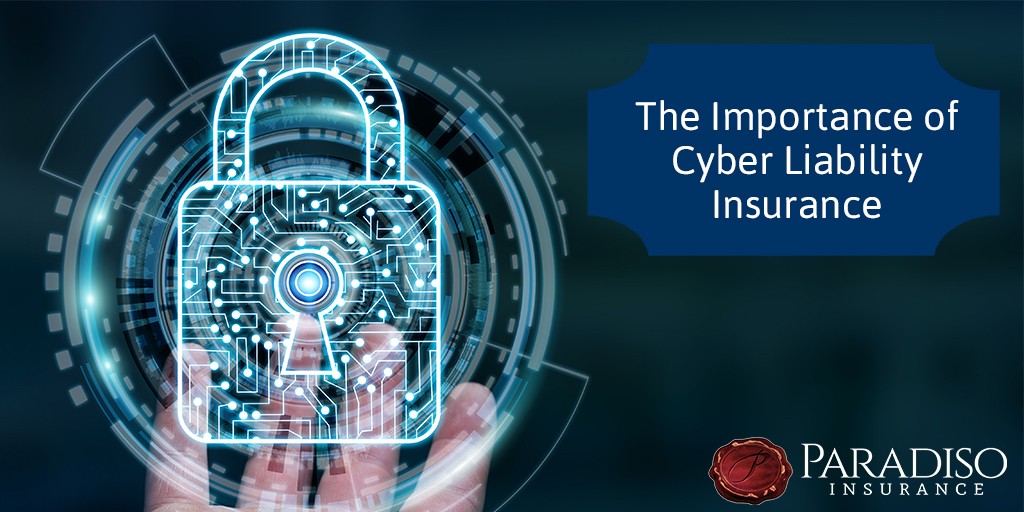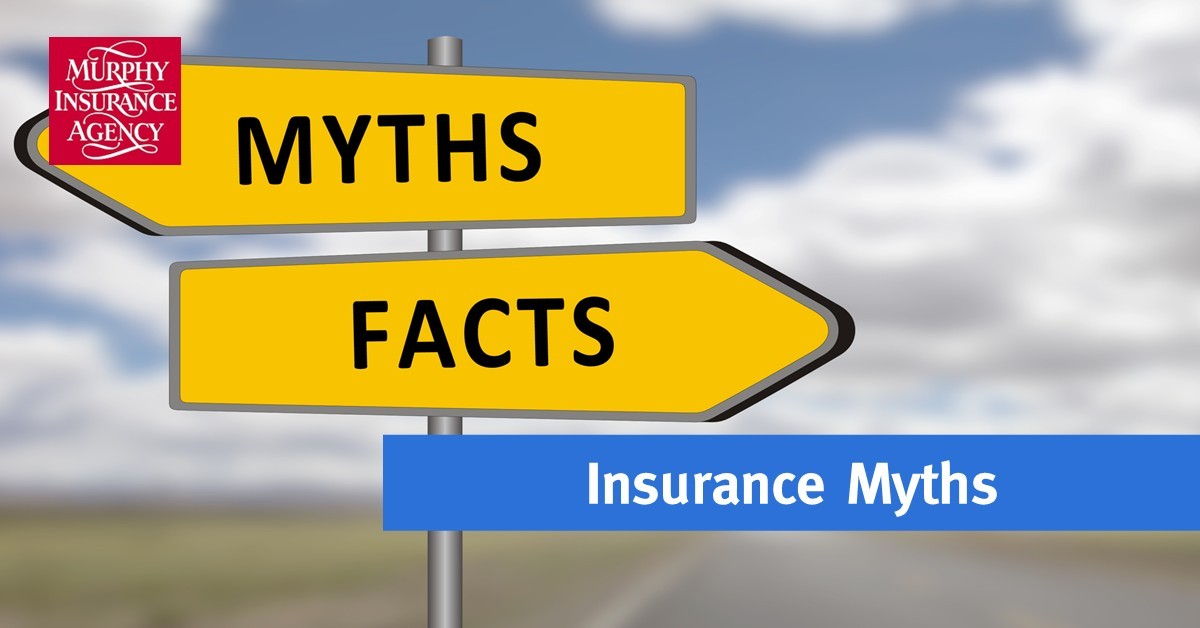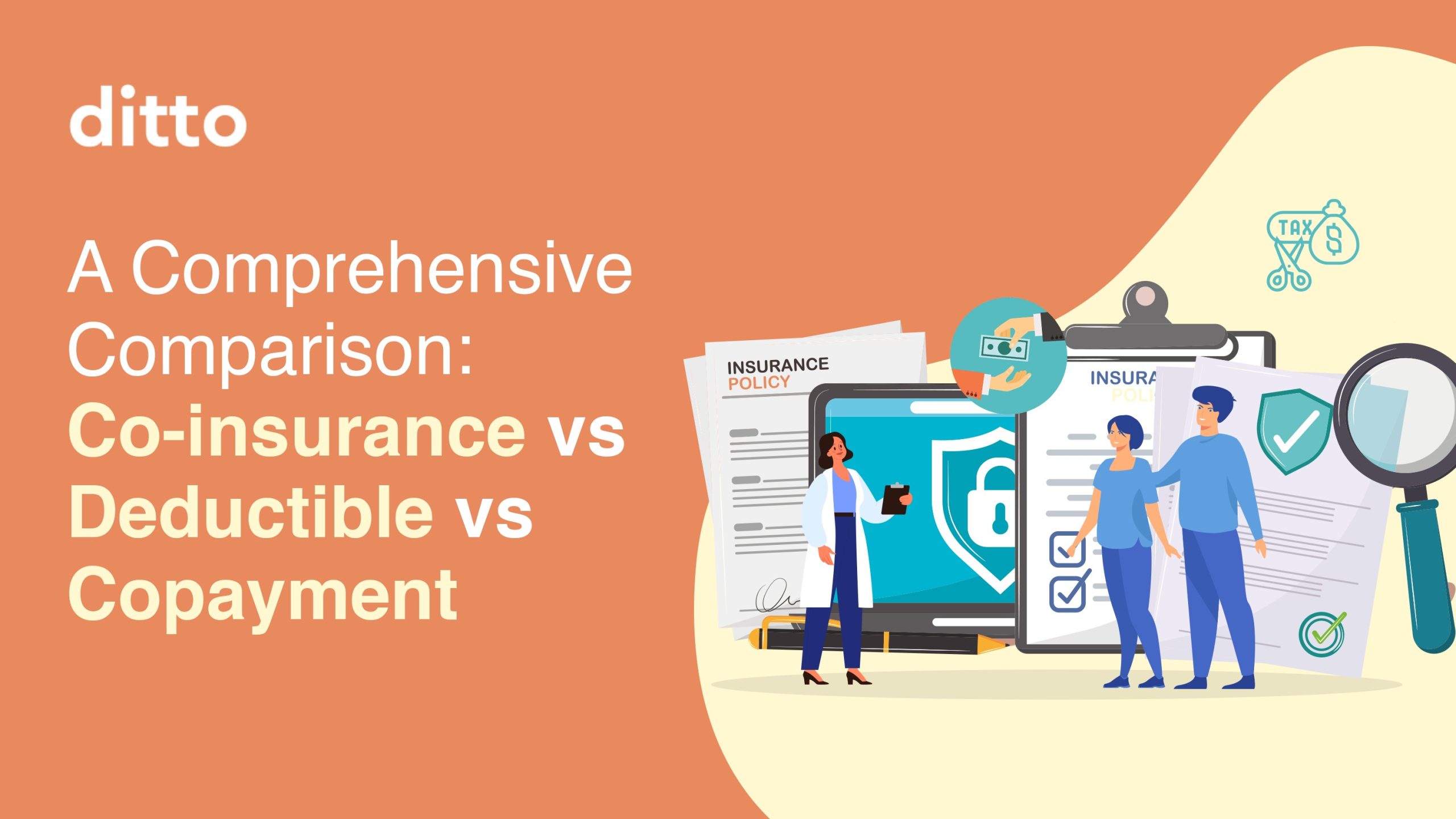Empowered living is often described as the ability to make choices with confidence, to pursue goals without fear, and to navigate life’s uncertainties with a sense of control. It’s about living intentionally, with clarity and resilience. While insurance may not be the first concept that comes to mind when thinking about empowerment, it plays a surprisingly central role in enabling this kind of life. Insurance is more than a financial product—it’s a strategic tool that supports autonomy, protects progress, and reinforces the freedom to act without being paralyzed by risk.
At its core, insurance provides a framework for stability. Life is unpredictable, and even the most carefully laid plans can be disrupted by illness, accidents, natural disasters, or economic shifts. Without insurance, these events can derail personal and professional momentum, forcing individuals to divert resources, abandon goals, or make reactive decisions. With insurance in place, however, the impact of these disruptions is softened. A health emergency doesn’t have to mean financial ruin. A car accident doesn’t have to halt mobility. A damaged home doesn’t have to result in displacement. Insurance absorbs the shock, allowing people to recover and continue moving forward.
This sense of security is foundational to empowered living. When people know they’re protected, they’re more willing to take calculated risks. An entrepreneur with business liability coverage can launch a new venture without fearing that a single misstep will jeopardize their livelihood. A family with comprehensive health insurance can pursue wellness and preventive care without worrying about the cost of treatment. A homeowner with property coverage can invest in renovations, confident that their assets are safeguarded. Insurance doesn’t eliminate risk, but it transforms it into something manageable—something that can be planned for, rather than feared.
Insurance also supports long-term planning, which is a hallmark of empowered living. It allows individuals to think beyond the immediate and build strategies that reflect their values and aspirations. Life insurance, for example, is not just about preparing for the worst—it’s about ensuring continuity. It provides a way to support loved ones, preserve wealth, and create a legacy. Disability insurance protects income, enabling people to maintain their lifestyle and financial commitments even when health challenges arise. These forms of coverage are not reactive—they’re proactive. They reflect a commitment to resilience and a belief in the importance of future readiness.
The psychological impact of insurance is equally significant. Peace of mind is a powerful enabler. When people feel secure, they’re more focused, more productive, and more present. They can make decisions based on opportunity rather than fear. They can engage fully in their work, relationships, and personal growth without the constant background noise of worry. This emotional stability enhances quality of life and supports mental well-being. Insurance, in this context, is not just a financial buffer—it’s a source of emotional strength.
Technology has made insurance more accessible and personalized, further enhancing its role in empowered living. Digital platforms allow users to compare policies, adjust coverage, and access support with ease. Smart devices and data analytics enable more accurate risk assessment and proactive prevention. These innovations make insurance more responsive to individual needs, turning it from a static product into a dynamic resource. When people can engage with their coverage easily and intuitively, they’re more likely to use it effectively and view it as an integral part of their life strategy.
Education is another key factor. Understanding how insurance works, what it covers, and how it fits into broader financial planning empowers individuals to make informed choices. It transforms insurance from a confusing obligation into a tool for self-determination. When people are equipped with knowledge, they can tailor their coverage to reflect their priorities, avoid unnecessary costs, and maximize value. This kind of engagement fosters ownership and confidence, reinforcing the idea that insurance is not something done to you—it’s something you choose and shape.
Insurance also plays a role in social empowerment. Access to affordable coverage can be a determinant of opportunity and security. When underserved communities lack insurance, they’re more vulnerable to setbacks that can perpetuate cycles of poverty and instability. Expanding coverage options and promoting financial literacy around insurance are ways to address these disparities. It’s not enough to offer policies—the industry must also ensure that people understand their value and can afford to participate. In this sense, insurance becomes a lever for inclusion, helping to level the playing field and support upward mobility.
Ultimately, empowered living is about agency. It’s about having the tools, resources, and mindset to shape your own path. Insurance supports that agency by providing protection, enabling planning, and fostering resilience. It allows individuals to act with intention, to pursue goals with confidence, and to respond to challenges with strength. It’s not just about avoiding loss—it’s about creating space for growth. When insurance is integrated into life as a strategic partner, it becomes a quiet but powerful force for empowerment. It’s the foundation beneath bold decisions, the safety net behind ambitious plans, and the reassurance that, whatever comes next, you’re ready.





